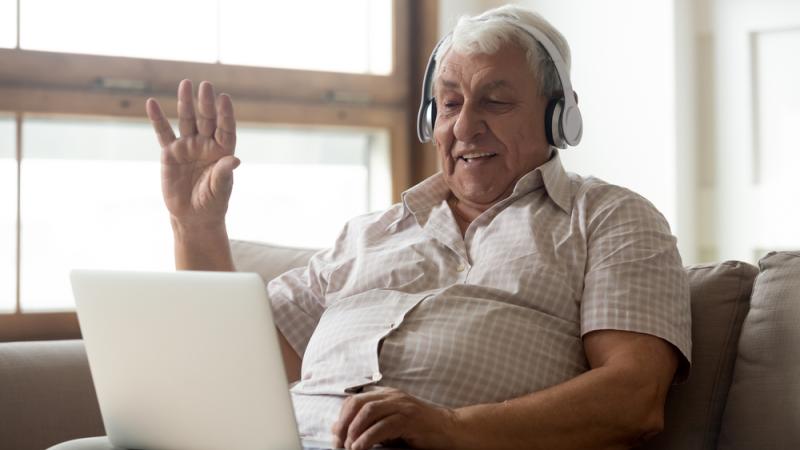
The current COVID‐19 pandemic has been identified as a possible trigger for increases in loneliness and social isolation among older people due to the restrictions on movement that many countries have put in place. Loneliness and social isolation are consistently identified as risk factors for poor mental and physical health in older people.
Video calls may help older people stay connected during the current crisis by widening the participant’s social circle or by increasing the frequency of contact with existing acquaintances.
We identified three cluster quasi‐randomised trials, which together included 201 participants. The included studies compared video call interventions to usual care in nursing homes. None of these studies were conducted during the COVID‐19 pandemic. Each study measured loneliness using the UCLA Loneliness Scale. Total scores range from 20 (least lonely) to 80 (most lonely).
The evidence was very uncertain and suggests that video calls may result in little to no difference in scores on the UCLA Loneliness Scale compared to usual care at three months (mean difference (MD) −0.44, 95% confidence interval (CI) −3.28 to 2.41; 3 studies; 201 participants), at six months (MD −0.34, 95% CI −3.41 to 2.72; 2 studies; 152 participants) and at 12 months (MD −2.40, 95% CI −7.20 to 2.40; 1 study; 90 participants). We downgraded the certainty of this evidence by three levels for study limitations, imprecision and indirectness.


